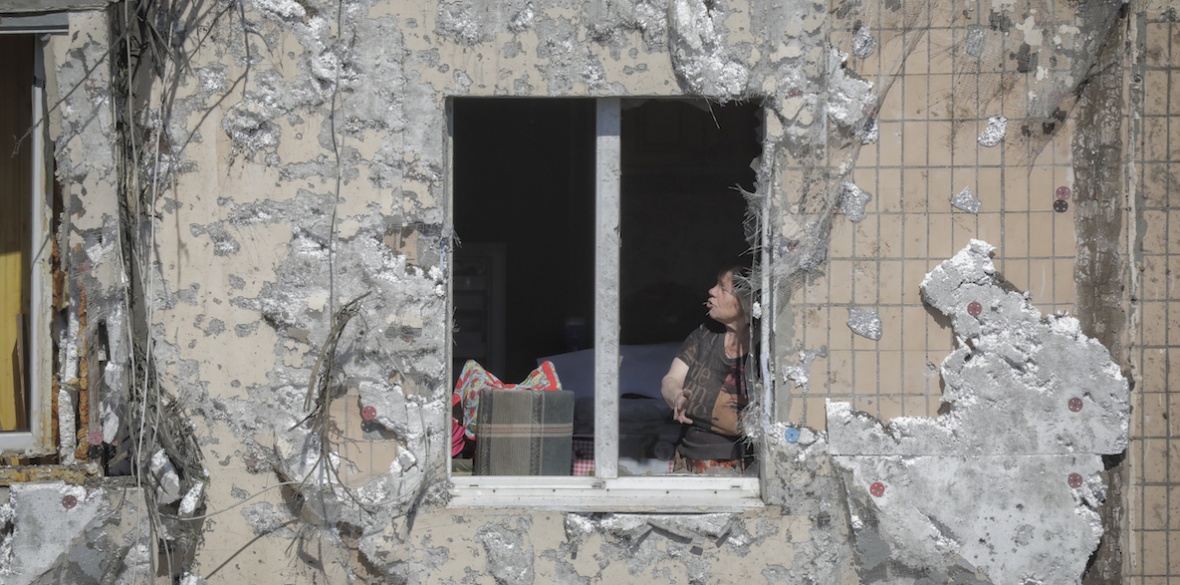This is the last article you can read this month
You can read more article this month
You can read more articles this month
Sorry your limit is up for this month
Reset on:
Please help support the Morning Star by subscribing here
ANTI-WAR activists have called for artificial intelligence (AI) to be banned from military decision-making after an expert warned it could have a “significant impact” on the risk of nuclear war.
Campaign for Nuclear Disarmament general secretary Kate Hudson warned that the integration of advanced AI into nuclear weapons systems is “potentially disastrous.”
She told the Morning Star: “We have seen with weapons systems like drones how human judgement has been removed, giving rise to ‘accidental’ deaths and major ethical and legal issues.
“We want a complete ban on any AI systems in any form of military decision-making, but our focus must be on ending the possibility of nuclear use entirely, rather than on whether a human or a machine decides.”
Ms Hudson said the Stockholm International Peace Research Institute’s (SIPRI) warning, that the number of operational nuclear weapons had increased again in 2022, was “proof of our worst fears: the reduction of nuclear arsenals – since the end of the cold war – is in reverse.”
It comes as Labour leader Sir Keir Starmer said this week that Britain was “nowhere near” ready to cope with the impact of emerging AI technology.
Dr Wilfred Wan, weapons of mass destruction programme director for the Stockholm International Peace Research Institute, warned that “even without direct access, AI integration can still impact the environment around decision makers.
“So AI can have significant impact on nuclear risk; the arms control and disarmament conversation have to take into consideration the impact of such emerging technologies.”
He told the Morning Star that accident-prone Britain’s secrecy over its growing nuclear arsenal could also have catastrophic consequences.
He said: “The UK in recent years has raised the ceiling for its nuclear weapon stockpile, which previously had been gradually decreasing.
“So there’s an expectation that its stockpile will increase in coming years, which is concerning from a risk standpoint.
“Further, the UK decided to be less transparent about its operational stockpile, deployed warheads, and deployed missiles.
“This opacity can contribute to the kind of misunderstanding, misperception and miscalculation that can drive inadvertent escalation.”
He added the UK has had to extend the length of its deterrence patrols due to delays in submarine replacement programmes, “which may have contributed to several operating errors, accidents and personnel issues.”










